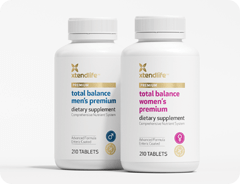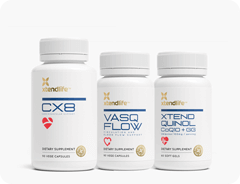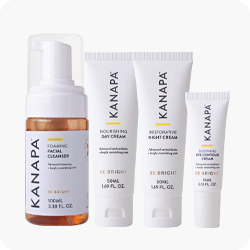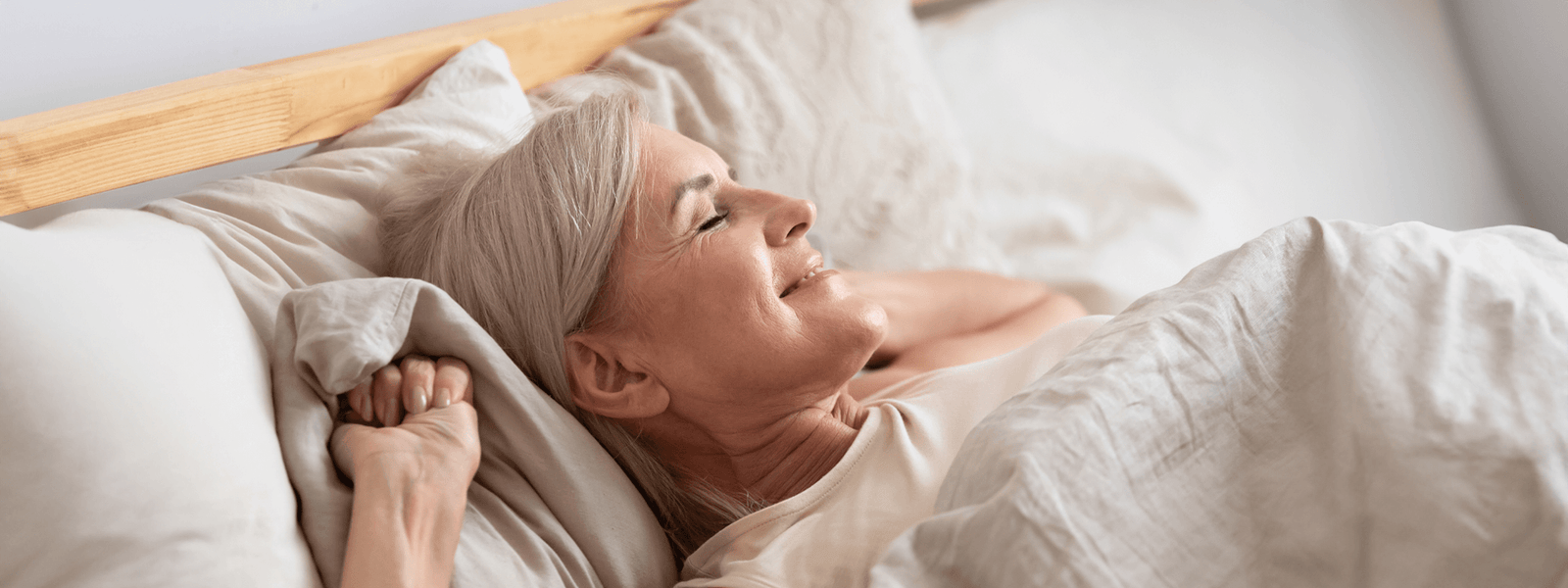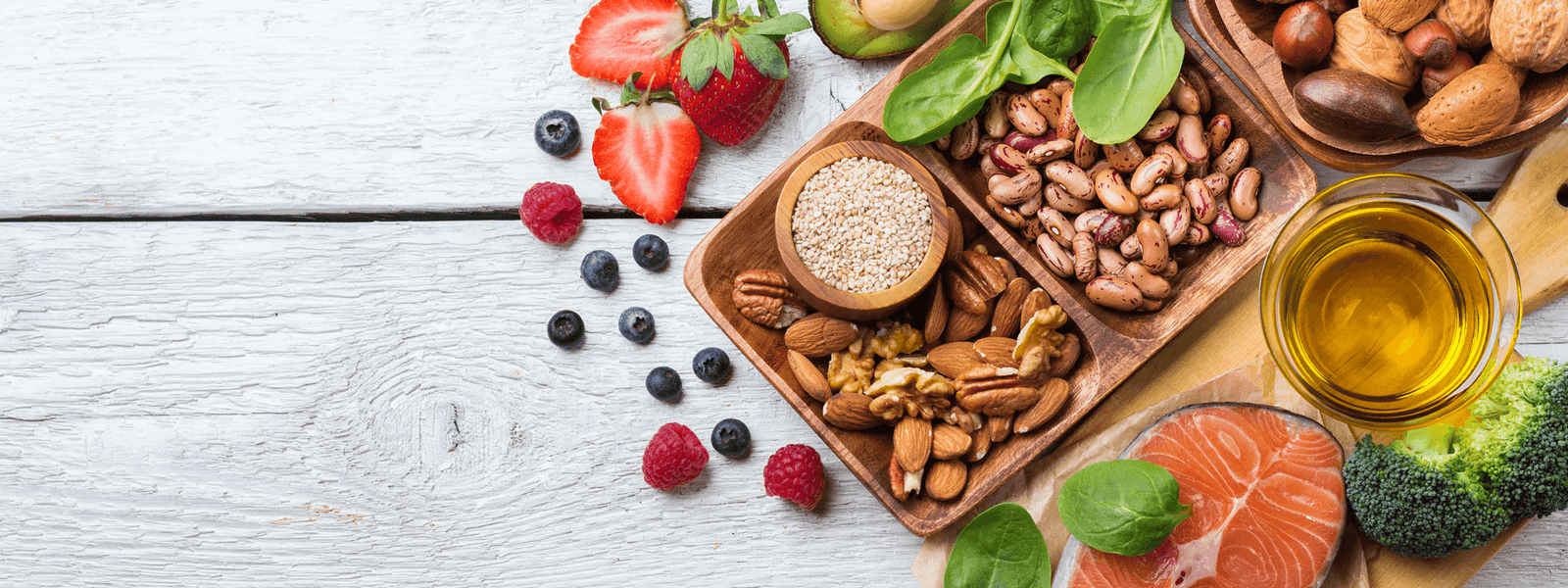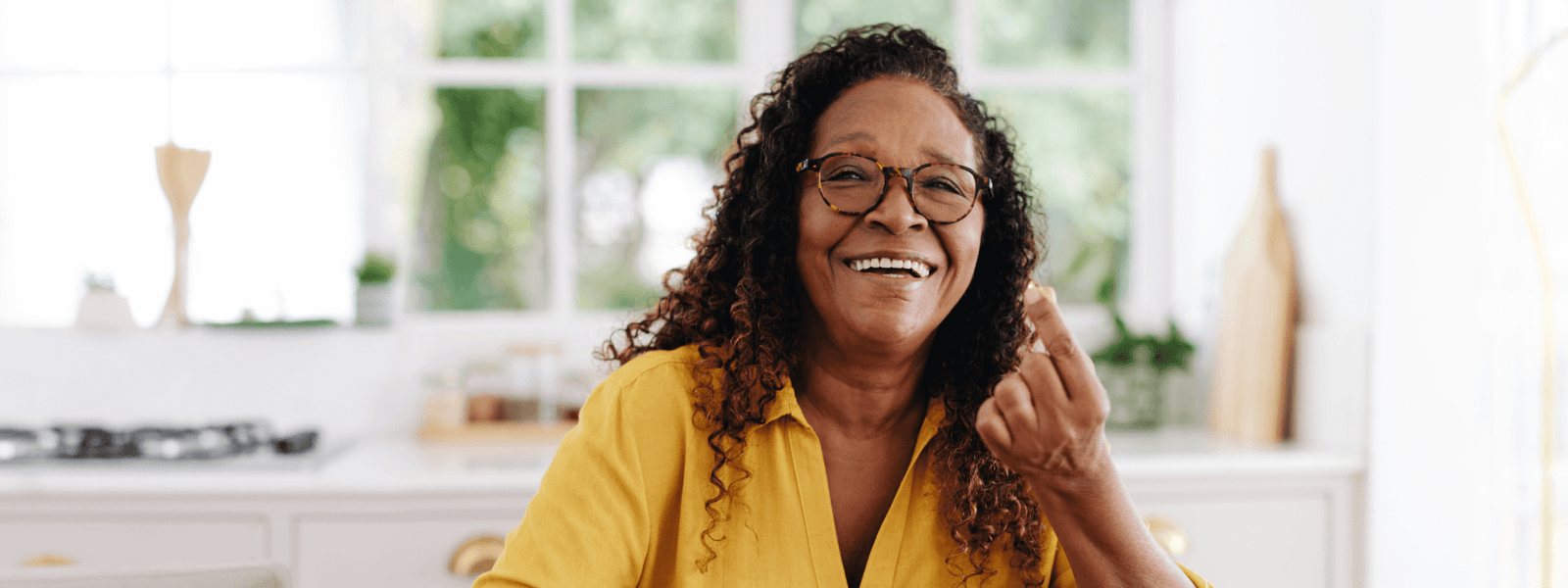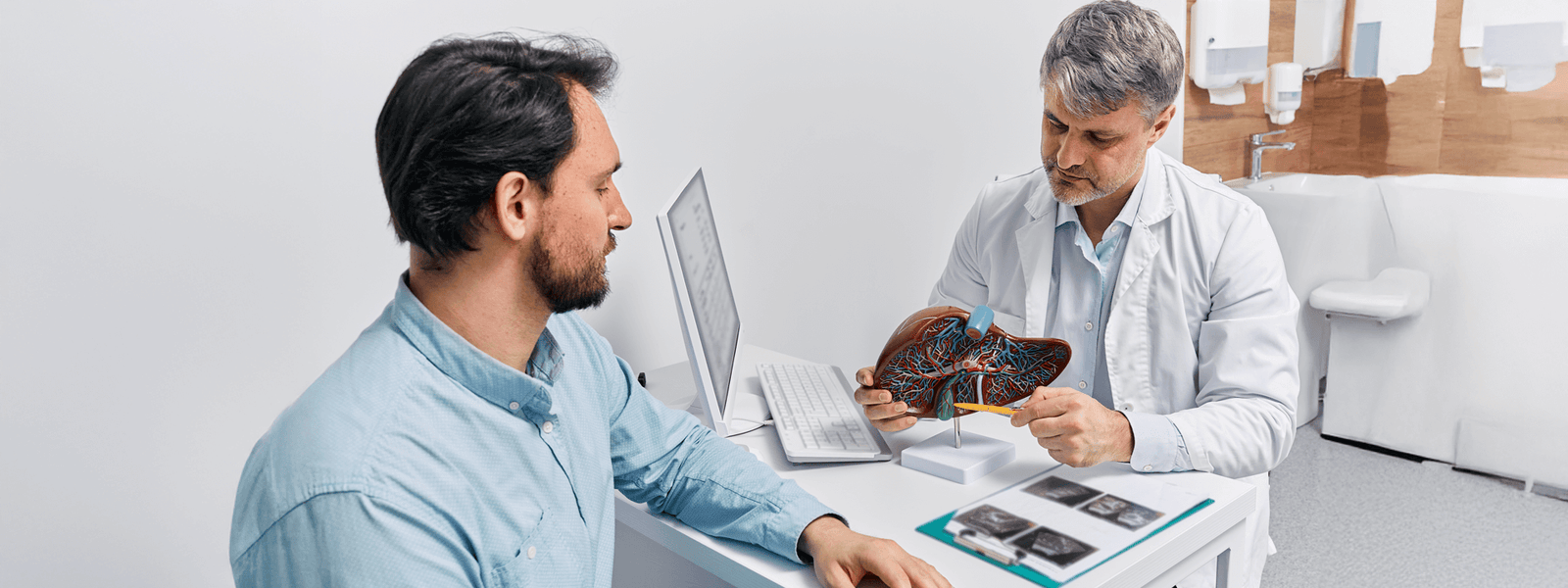We all want to be healthy, but what does this mean and how do we achieve it in today’s world? Many people judge their wellbeing upon the state of their physical body and rightly so, as this is an inescapable marker of our wellness. However, the effect of mental and emotional health in contributing to our overall wellness cannot be ignored. Complete wellbeing comes from a holistic approach, a truth that Xtendlife honour and one that is at the centre of Aromatherapy also.
At Xtendlife we aim to lead the way in helping you achieve vibrant health and longevity through the use of pure and natural ingredients. We believe in using science to get the best out of nature to create synergistic and effective products. This philosophy is also a fundamental tenet of Aromatherapy, making the use of essential oils an ideal addition to your healthcare regime.
Essential oils have a rich history and have been enjoying renewed interest in recent years as people begin to search for natural alternatives to conventional scientific treatments. The therapeutic use of essential oils is an enjoyable way to support harmonious, holistic health.
Defining Aromatherapy and Essential Oils
Aromatherapy is defined as the use of essential oils to promote physical, mental and emotional wellbeing (1). Essential oils are said to be the ‘life-force’ of a plant, like the blood coursing through its veins, that when carefully extracted retain their unique healing properties (1). A distillation process is used to harness a plants ‘essence’ which contains many complex, chemical constituents and are what defines a plants smell (2). When essential oils are inhaled they provoke an immediate reaction upon the olfactory nerves, part of the limbic system (3). The limbic system is responsible for our perception of smell and intrinsically connected to our emotional responses (1). It is for this reason that Aromatherapy can have powerful and deep healing benefits.
The History of Essential Oils
The term aromatherapy was coined by the French chemist Gattefosse in the 1930’s, but the healing properties of essential oils have been recognised for hundreds of years (3). They were first used in embalming rituals by the Egyptians, whom made use of plants such as frankincense and myrrh (3). The Greeks lead the use of plants in a more practical nature, rather than a superstitious one (1). This is evidenced in the writings of Hippocrates, the father of modern medicine, who recommended daily baths containing plants such as lavender, rosemary and bay (1). The healing nature of plants was also recognised by the Romans in the 14th century who encouraged the burning of aromatic plants to prevent the spread of the plague (4).
Up until the end of the 19th century it was commonplace for European doctors to include plants in their prescriptions (1). However, this began to change as the industrial revolution gained momentum and incited a move away from traditional therapies, in favour of scientific based treatments. (5)
In recent years the pendulum has begun to swing the other way as people become disheartened with the lack of, or harmful effects, of some pharmaceutical medications. Seeking natural alternatives, prior to conventional medications is increasing, thus helping to inspire the revival of modalities such as Aromatherapy. In addition to natural supplementation, essential oils are proving very effective to support wellbeing and may be safely incorporated into your existing Xtendlife regime.
Incorporating Essential Oils into your Daily Life

Before getting started, there are a couple of important factors to consider. Firstly, to obtain the best benefits it is important to source therapeutic grade essential oils. These are quite potent, so should not be applied undiluted to the body and never to broken skin. It is also important to take care using particular oils in very young children or during pregnancy.
Aromatherapy is very safe, when employed in recommended doses, but it is important to seek the advice of a qualified Aromatherapist if you are unsure (6).
Aromatherapy may be enjoyed through many applications; one of the most common is as part of a therapeutic massage. You could also try the following suggestions yourself at home.
Peppermint oil is a popular choice to aid nausea or stomach upsets and studies have even shown promising results for supporting IBS symptoms (7). Two to three drops added to a tablespoon or two of a base oil, such as sweet almond or coconut oil and gently massaged onto the abdomen may help to calm the stomach. You could also try adding a couple of drops to a tissue to inhale during car travel. Ginger or chamomile oils are also great options.
Lavender is another valuable oil and has many benefits, including supporting the immunity, digestion and nervous system (8). One study has even shown lavender to be effective in helping to manage anxiety and stress (8). Lavender is great for supporting headaches; simply dilute a few drops in a base oil and gently massage into the temples (9). You could even place a couple of drops on your pillow to help induce a restful sleep.
Tea tree, native to Australia, is a good choice for helping to lessen redness and itching of the skin (1). Try diluting a few drops in pure aloe-vera gel and apply to pimples or insect bites.
Essential oils may also be used in room diffusers, as organic household cleaners, as part of the home first-aid kit and can even support the health of your pets. The world of Aromatherapy is vast, including more than fifty therapeutic oils, providing endless options and there is bound to be a scent that you simply love (1).
In this modern age, it is easy to think that conventional medicine has all the answers; however we should not forget the wisdom of nature. Medications certainly have their place and may deliver fast results, although this can come with unwanted side effects. Whilst natural alternatives may produce results more slowly, there are much gentler on the body. Aromatherapy fits this mould and may be a fantastic addition to your Xtendlife regime. We encourage you to begin exploring the wonderful world of essential oils. Half the fun is in finding an oil that resonates with you. We would love to hear what you discover!
References:
- Unit AN11: Aspects of Naturopathy: Aromatherapy, Naturopathic College of New Zealand. 2010.
- https://www.naha.org/explore-aromatherapy/about-aromatherapy/what-is-aromatherapy/
- http://www.iaama.org.au/about-aromatherapy/about-aromatherapy#q8
- http://www.alliance-aromatherapists.org/aromatherapy/brief-history-of-aromatherapy/
- http://www.aromaweb.com/articles/history.asp
- http://ifparoma.org/
- http://umm.edu/health/medical/altmed/herb/peppermint
- http://www.naturalmedicinejournal.com/journal/2012-02/lavender-oil-anxiety-and-depression-0
- https://www.organicfacts.net/health-benefits/essential-oils/health-benefits-of-lavender-essential-oil.html
Rosalie is a qualified naturopath with a passion for healthy living and believes that true wellness comes from considering our wellbeing in a holistic sense. Rosalie enjoys spending time in nature, walking or running, especially by the seaside, as well as practising yoga. One of her greatest joys is exploring new cultures and ways of life through overseas travel.


 Supplements
Supplements Bundles
Bundles